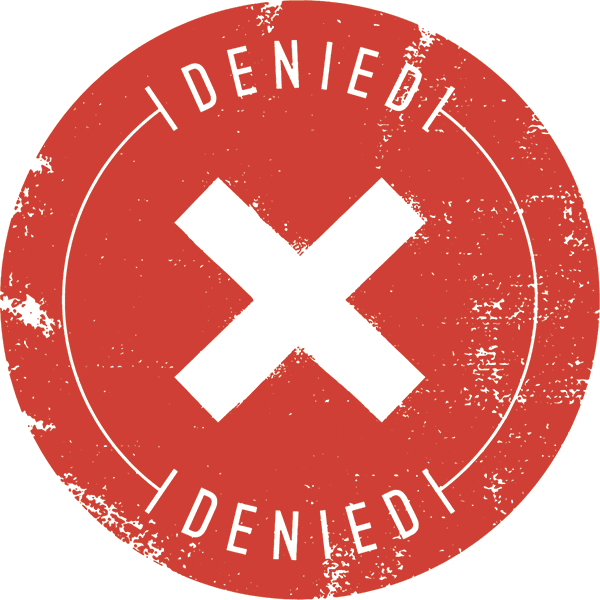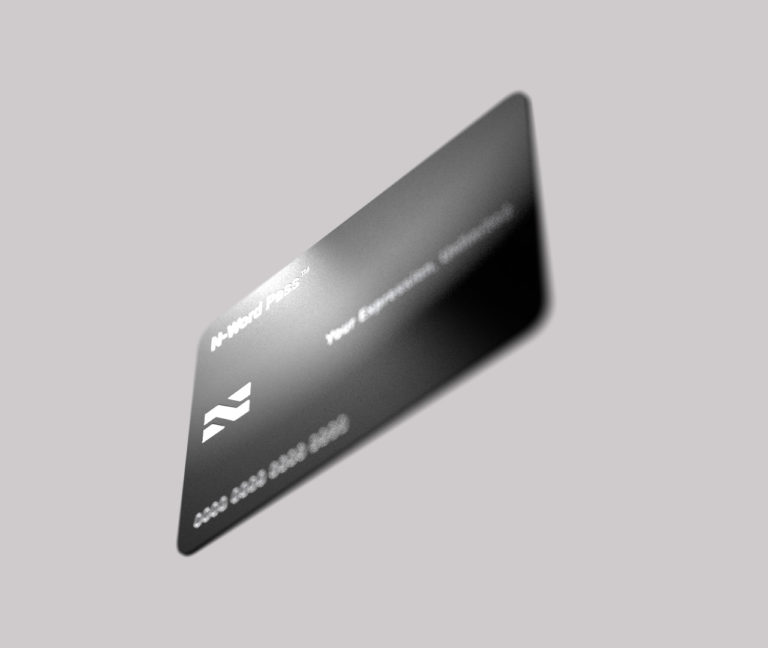Introduction
Hey friend, lean in and imagine the south-Florida sun bouncing off a jet-ski, palm trees swaying like background dancers, and a booming voice declaring, “Another one!” That voice belongs to Khaled Mohamed Khaled, the larger-than-life producer we all know as DJ Khaled. Before Snapchat fame and diamond-dripped album covers, Khaled was the kid of Palestinian immigrants growing up in New Orleans, soaking up second-line brass, corner-store soul, and the rhythmic heartbeat of Black America playing from every radio on Claiborne Avenue.
His parents hustled inside a small neighborhood shop. Tiny Khaled helped behind the counter, absorbing lessons in perseverance and customer chatter that often spilled into impromptu rap debates. Back at home, vinyl records stacked like building blocks—Bob Marley, Luther Vandross, Run-DMC, Rakim. The family stereo doubled as Khaled’s passport to cultural discovery. By middle school he tinkered with turntables, teaching himself to blend bounce beats with New York boom-bap like a sonic gumbo.
When Katrina was still just a girl’s name and the city’s levees were steady, teenage Khaled chased bigger dreams east along Interstate 10 to Orlando. Small club gigs paid in pizza slices and fist bumps, but each set sharpened his command of crowd energy. Dreadlocks dangling, he talked into the mic as if every late-night dancer were his cousin. That warmth followed him to Miami, where he landed a slot on Mixx 96 and later WEDR 99 Jamz. His evening show, “The Takeover,” blasted through car speakers across Liberty City, Little Haiti, and Opa-locka, uniting neighborhoods in shared bass rattles.
Khaled’s radio booth became a hangout for local rap heroes Trick Daddy and Trina, plus out-of-towners hungry for Florida vibes: Fat Joe, Lil Wayne, Rick Ross. He played hype man, connector, and chef, stirring guest verses into chart-ready gumbo. Soon he stitched those relationships into his 2006 debut album, Listennn… the Album, scoring the street anthem “Holla at Me.” A year later, We the Best dropped with “We Takin’ Over,” a posse cut so triumphant it felt like a championship parade winding through downtown Miami at midnight.
Khaled’s trademarks sprouted—bomb-siren ad-libs, motivational tweets, Snap stories of endless keys to success. Fans laughed, imitated, and eventually adored the positivity overdose. But beneath the memes sat a serious resume: more than a dozen studio albums certified gold or platinum, a stack of No. 1 singles, and production credits that read like a VIP guest list for modern rap royalty.
Now, Khaled’s journey is soaked in Black music and culture. He built his empire promoting Southern rap when East–West rivalries hogged headlines. He booked up-and-coming Black artists for his radio show first, then flew them into his studio, feeding them home-cooked meals from Mama Khaled’s kitchen. Stories circulate of him handing young rappers fresh sneakers or rent money. One Miami MC recalls Khaled driving him across town at 2 a.m. just so he wouldn’t miss studio time. That patron-uncle vibe endeared him to communities where generosity means everything.
But generosity alone doesn’t write cultural permission slips. The big question tiptoes into every timeline sooner or later: does DJ Khaled, proud Arab-American and self-proclaimed “hip-hop Quincy Jones,” have the legendary, shimmering N-Word Pass? Can he stroll through the cookout, stack two plates of ribs, and joke with uncles about spades without raised eyebrows? Or will gatekeepers clutch the ladle and suggest he stick to hook-shouting? Grab a cold glass of sweet tea, because we’re about to explore every side of this sun-drenched saga, from Miami street parties to TikTok remixes, and decide if Khaled’s key fits the community lock.
Cultural Context & Historical Background
First, let’s set the table. The N-word began as a spike of hate during slavery, a branding iron hammered into language. In the struggle for self-definition, Black communities sanded off the hard-R, flipped pain into camaraderie, and guarded the reforged word like heirloom jewelry. Outsiders could hear it in lyrics but rarely received unblinking permission to repeat it. Thus emerged the playful myth of an “N-word pass”—half handshake, half social dare—granted sparingly by Black folks to friends who earned deep trust.
Enter the internet, where memes multiply like popcorn kernels in hot oil. TikTokers print faux passes, gamers shout controversial snippets, and brand managers sometimes stumble into crisis comms because a karaoke night went left. This meme-ification highlights Bauman’s liquid modernity: identities and taboos morph into downloadable content, buy-one-get-one deals, influencer hashtags. Our satirical Official N-Word Pass™ simply crystallizes that commodification, shining a mirror the size of Times Square back at society.
Hip-hop, born at Bronx block parties, always balanced openness with gatekeeping. Artists of every background have contributed—from Latino pioneers like DJ Charlie Chase to white rap phenoms like Eminem—yet each faced rigorous authenticity tests. Prove your love for the craft. Respect the roots. Acknowledge privilege. Fail any, and the door might slam. Succeed, and the neighborhood might invite you to double-Dutch on the sidewalk.
DJ Khaled slid into this cultural dance not as an MC dropping twenty-bar verses, but as a curator amplifying Black voices. His Arab heritage placed him outside the traditional Black-white dichotomy of American race conversations, offering a unique vantage point. Some fans see him as a bridge, an energetic cousin boosting the family reunion playlist. Others worry that his megaphone amplifies himself more than the culture’s original guardians. The debate simmers like a pot of collard greens: slow, fragrant, and spiced with generational memories.
So, does dedication plus decades of service earn Khaled a card? Or does the pass remain stamped “Denied,” because hype shouting and orange leather seats don’t equal lived Black experience? Let’s spin the record to side A: the Pros.
Pros
He Champions Black Artists Relentlessly
Every Khaled album resembles a hip-hop Avengers lineup. From Jay-Z and Beyoncé to Lil Baby and Megan Thee Stallion, he curates verses then steps back so their shine hits center stage. Many radio programmers chase trends; Khaled helps build them.
Early Radio Platform for Miami’s Underdogs
Before YouTube analytics mattered, Khaled blasted local talent during prime drive-time slots. Trick Daddy’s “Nann Nigga,” Rick Ross’s “Hustlin’,” and Pitbull’s first freestyles gained regional traction thanks to his spins. Those co-signs turned hood anthems into Billboard entries.
Philanthropy and Community Ties
Khaled regularly donates school supplies in Overtown, funds scholarship programs, and partners with We the Best Foundation for disaster relief (Miami Herald 2022). When Hurricane Harvey flooded Houston, he loaded trucks with diapers and water before most celebrities tweeted sympathy.
Cultural Fluency Through Everyday Immersion
Growing up surrounded by Black music, language, and friendship circles, Khaled adopted slang, fashion, and culinary tastes organically. Friends recall him eating oxtail dinners at aunties’ houses and cheering high-school step shows with genuine excitement.
Respectful on-Record Language Choices
While Khaled’s hooks overflow with “Bless up” and “We the best,” he avoids dropping the N-word in lyrics or interviews. That self-restraint signals awareness of boundaries, even as memes test the line.
Cons
Commercial Excess Over Cultural Depth
Luxury jets, endless logos, and tequila deals sometimes overshadow the music. Critics argue he profits from hip-hop aesthetics without grappling deeply with Black social issues. When activism surfaces, it often feels like brief Instagram captions rather than sustained engagement.
Meme-ification of Black Affirmations
Phrases like “Major key” and “Bless up” originate in Caribbean-infused Miami street slang. Khaled’s repetition turned them into corporate hashtags, plastered on shoe collabs and energy drinks. Some see that as playful branding; others, as reduction of lived language into marketing slogans.
Questionable Authenticity in Creative Input
Producers behind the scenes whisper that Khaled’s “executive producer” title sometimes masks minimal beat-making contribution. If true, stacking plaques on the backs of Black engineers without equal spotlight complicates claims of cultural respect.
Limited Platforming of Conscious Voices
His albums overflow with club bangers but seldom feature politically charged rappers like Rapsody or Killer Mike. That avoidance of heavier topics feels like playing it safe for mainstream dollars rather than elevating communities’ deeper conversations.
Performative Allyship Moments
When the Black Lives Matter protests surged in 2020, Khaled posted solidarity selfies but skipped frontline marches in Miami. Fans noticed. Visibility without physical presence can read as surface-level support, fueling skepticism toward any pass request.
Deeper Cultural Analysis
Hip-hop’s house is huge, its rooms painted by Black artists whose brushstrokes tell stories of resistance and joy. Guests may dance in the living room, but they must remember who built the foundation. DJ Khaled represents a guest-turned-event-planner. He set up lights, invited more people, handed out snacks, yet never poured cement himself. Is that enough for lifetime membership?
Privately, many Black Miami musicians swear loyalty to Khaled because he broke their records when major stations ignored them. That personal history mirrors barbershop traditions where loyalty outranks blood. Still, national audiences weigh optics. Luxury flaunting during economic struggle can jar, especially when the flaunter isn’t bearing centuries of systemic weight. Khaled’s wealth spectacle sometimes contrasts painfully against communities still pushing for equitable housing and police reform.
Ethnicity also shapes perception. As an Arab-American Muslim, Khaled faces his own lattice of discrimination. He publicly shares Ramadan reflections and speaks against Islamophobia. Solidarity among oppressed groups can foster empathy, but experiences aren’t interchangeable. Black communities often evaluate allies less on shared struggle and more on demonstrated commitment to Black causes. When Khaled’s activism appears only during album rollouts, trust frays.
Yet appropriation isn’t a binary. Culture grows through exchange, remix, collaboration. Khaled’s sonic collages prove synergy works: gospel choirs over trap drums, reggae toasters beside Atlanta crooners. The question becomes whether contributions uplift originators or eclipse them. His persistent shout-outs—naming every featured artist on each track—seem designed to ensure credit flows outward. But critics still ask: could he sacrifice a platinum plaque or two to foreground new conscious voices? Keys open doors; some doors guard deeper rooms.
Final Verdict
No—DJ Khaled Does Not Earn the Official N-Word Pass™
Energy, generosity, and boundary-respect earn Khaled loud applause at the cookout gate, yet the stamp of ownership stays behind glass. His devotion to uplifting Black artists is real, but commercial showmanship often outpaces cultural depth. Philanthropy feels episodic, activism sporadic, and meme marketing occasionally dilutes sacred vernacular. Add the missing track record of sustained, on-the-ground solidarity, and the committee politely withholds the pass. Keep spinning bangers, Khaled, keep feeding the community, and always remember: friendship is priceless, but some words remain family heirlooms, cherished but never loaned.















